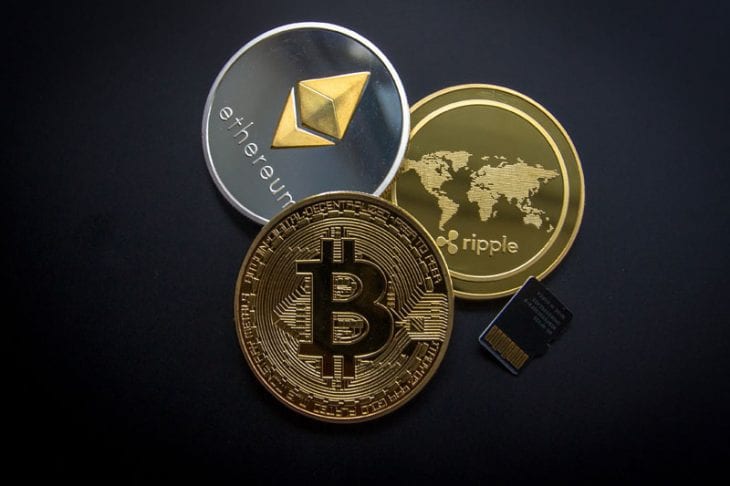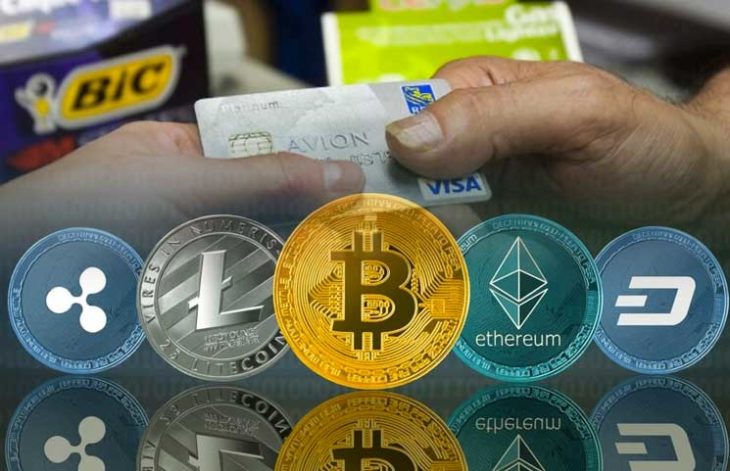Cryptocurrencies have been changing the world for the better for some time now. Since bitcoin was introduced to the market all the way back in 2009, digital currencies have been appearing everywhere, slowly taking over business and changing how information technologies and all of finance work. At the moment, there are around 2,000 active virtual currencies in the world. While none are nowhere near bitcoin both when it comes to influence and worth, their presence and the mainstream status they enjoy are enough to turn heads, both from those eagerly expecting them to become even bigger and from those who fear them.
Who fears something as beneficial and advanced as cryptocurrencies you may ask? Who in their right mind would stop the whole progress of civilization from moving forward and expanding into the unknown? Well, those would be organizations and institutions who have a lot to lose with the introduction of bitcoin and other cryptos into popular use. These are first and foremost governments, but even more than them, the banks of the world.
In the article here, we will tackle the topic of why world banks fear cryptocurrencies and why they have been some of the most prominent naysayers regarding them. The revolution we are living in when it comes to how things are being done in the world is exciting and it cannot be stopped, only slowed down. This is exactly what everyone whose interests are going to be questioned and deemed unnecessary anymore are doing. To learn more about this, make sure to visit this site.

Source: orlandofamilylawfirm
Centralization
The whole system digital currencies are based on is decentralization. When you think of banks, which are the model centralized systems, you an easily see the bad sides of it. The fact they are centralized means that they are in charge of all the decisions that affect all of their users and customers. The users can do nothing about the bank’s changes and new practices. They can either agree or opt to move somewhere else. This also means that every single law and rule is in the hands of those running the banks. Since all of them are somewhat in agreement, it means that you cannot escape these centralized systems.
Most of the human society works with some form of centralization, where the head body holds all the power and where they can make new rules and introduce new laws that favor them at the expense of the citizens. The presidents and boards that run the banks, just like the president, prime ministers, and parliaments that run the countries, are perfect examples of centralized systems.
Now, this system is not to blame so much as the people in it. Human greed is arguably the worst sin of all, the original sin that doomed civilization and has been ruining us for thousands of years. Because of what those in charge are doing to those below them, people dislike the entire system. Nothing can really be done here except to change it completely because there will always be people looking to slither their way onto powerful positions for their own interests.

Source: Investing
Decentralization
The concept directly opposing centralized power is decentralization, hardly a new system but one that is finally possible in finance and business thanks to the introduction of digital currencies. This has been tried a couple of times in history but nobody was prepared for it then, neither the people nor the technology we had. Then came blockchain technology, the base system in the form of a ledger of transactions that is the core idea of decentralized networks. This system does not only rely on a single authority system like a government, or in this case a bank, meaning they cannot control it to their will.
Despite being around for over a decade, blockchain is still new and it is not being utilized as much as it can. More exploration is needed for its potential to be met. Other industries can be affected for the better too, not just finance and IT. However, for that to happen, more people have to become interested and invest in digital currencies, and not just bitcoin. Once they become so popular and widespread, the centralized systems will not be able to control and limit them anymore. Right now, there are numerous countries and institutions around the world who consciously ban and limit the adoption and use of digital currencies. In some countries they are flat-out banned, while others do not allow mining or trading. But why are they behaving like this and putting themselves in front of progress?

Source: Bitcoin Exchange Guide
No Middlemen Needed
The answer to this is quite simple. When business is carried out using digital currencies, there is no need for anyone or anything to act as the middleman and confirm the transaction. Banks have been the model middleman who take their percentage of every single transaction for centuries. Just because they give us the means to perform the transaction, they become a part of it and snatch a seemingly miserable percentage. On a large scale however, this is clear profit at the expense of everyone involved.
People have become tired of it and finally, digital currencies eliminated the need for this. Best of all, they introduced anonymity on an unprecedented scale. When you operate with bitcoin for example, all you need is to be on the same page with the other side. If you are buying something, you transfer a part of your balance into the electrical wallet of the seller and that is it. No middlemen, no names, nothing. All you get is the unique address (a string of numbers and letters) of their wallet into which you transfer the crypto. Transactions are fast, anyone can access them as the ledger is always available, and nobody can trace it back to you.
While there are fees in the crypto world as well, they are only used to keep the blockchain up and running and nobody is profiting from them. Best of all, they are much lower than what banks charge for every single transaction. There is also no other type of tax or fee involved. This is why banks are quite unhappy that bitcoin is gaining more traction every year. They are scared for their lives since it appears they will get run out of business sometime down the line.
